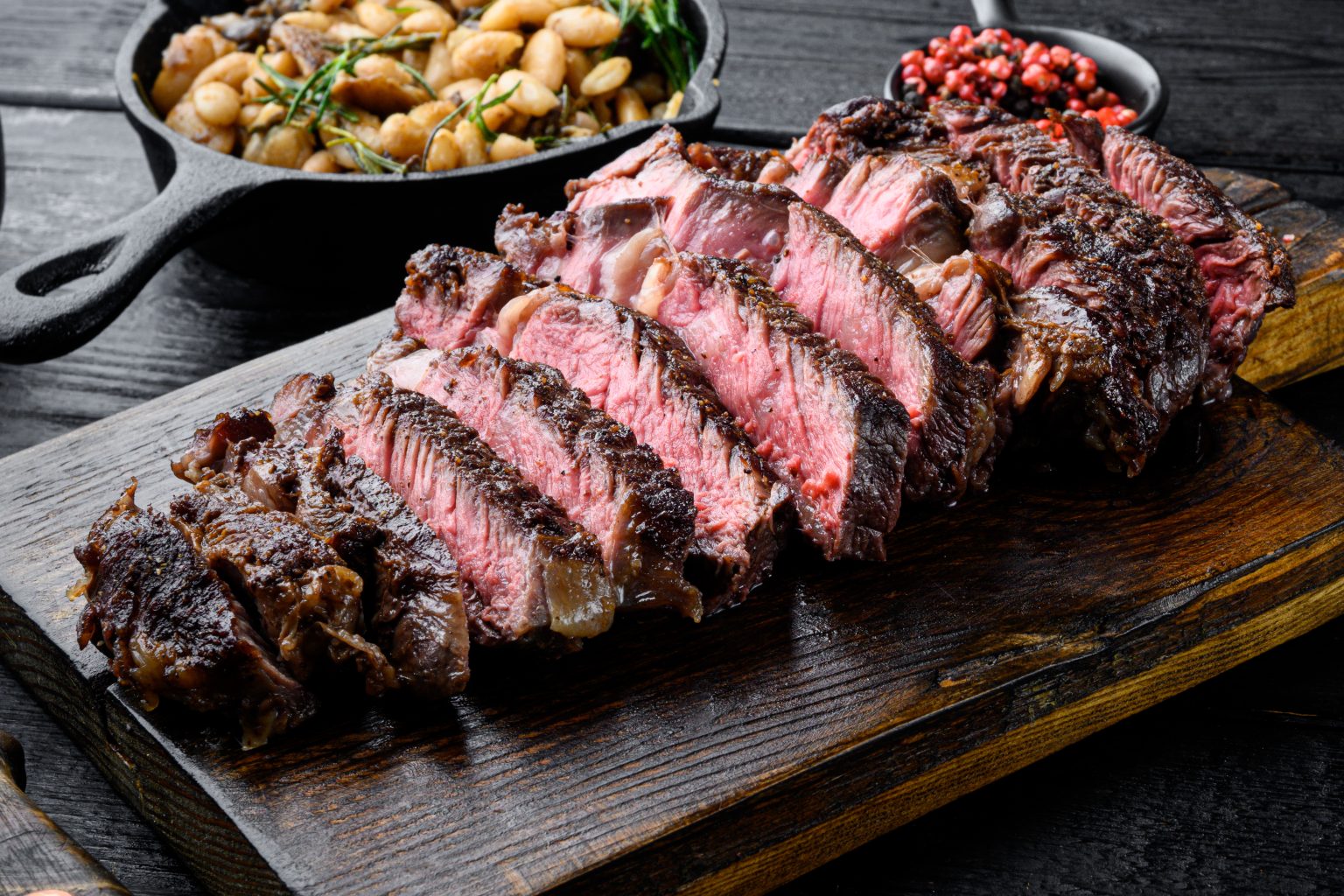Upside Foods is suing the Sunshine State in an attempt to overturn the ban.
It was announced this week that the US-based Institute for Justice (IJ) – a non-profit, public-interest law firm – has partnered with cell-based meat company Upside Foods to file a lawsuit challenging Florida’s ban on cultivated meat.
They argue that the ban, which was introduced by Florida governor Ron DeSantis in May, constitutes “economic protectionism,” with lead lawyer Paul Sherman suggesting it undermines the principles of a “national common market.”
Whether he is correct or not is for a judge to decide, of course, and Florida’s administration will have the opportunity to defend and justify its actions.
However, there is a broader issue worth considering regarding the use of bans to exclude or restrict certain types of food products from the market.
Florida is not the only US state to adopt this approach. In January, Alabama state senators introduced a similar bill, while in Europe, Italy’s government supported legislation that would ban laboratory-produced meat and other synthetic foods, citing the importance of Italian food heritage and health protection.
Florida also cited protectionism in justifying its actions. DeSantis stated that his administration would continue to support its “local farmers and ranchers” in an effort to “save our beef.”
Another way regions have sought to protect their existing produce is through labelling regulations.
Last year, Texas passed a law requiring cultivated-meat products to feature front-of-pack messaging indicating that they are “cell-cultured” or “lab-grown.”
This echoes the situation with plant-based dairy alternatives in Europe.
For several years, the EU has banned plant-based products from being marketed with designations such as ‘milk,’ ‘cream,’ ‘butter,’ ‘cheese,’ or ‘yogurt,’ which EU law reserves for animal products. France has similarly restricted the use of ‘meaty’ names for plant-based products, while South Africa made a similar move, though it was ultimately overturned by a judge.
The UK, no longer an EU member, was earlier this year considering even stricter regulations on branding and labelling for plant-based dairy alternatives, potentially outlawing terms such as ‘mylk,’ ‘yogs,’ and ‘sheeze.’
Whether this approach will be maintained by the newly elected Labour government remains to be seen. It is unlikely to be a top priority in their agenda.
How one interprets these developments likely depends on one’s perspective. Protecting consumers from false claims and ensuring they are fully informed about what they are eating and drinking would be one interpretation.
Protecting the interests of powerful dairy and meat lobbies would be another.
I can see merits in both viewpoints, although I think suggesting that something labelled oatmilk might be mistaken for a product derived from a cow is somewhat insulting to consumers’ intelligence.
Two questions remain. Firstly, in relation to cell-based meat, are bans like those seen in certain US states and European countries likely to increase in number, especially as we approach the day – distant as it may seem – when lab-created meat is produced in sufficient quantities to enter retail and foodservice channels in a meaningful way, providing real competition for traditional meatpackers?
And, secondly, will branding restrictions and product labelling rules increasingly be used to control how products are described, particularly in the alt-protein sector, even though most supermarkets now have dedicated and clearly marked plant-based sections?
If the answer to both of these is yes, then the lawmakers and regulators involved are either consumer champions or overly protective of well-established and profitable industries eager to maintain their market share.
You decide which.

